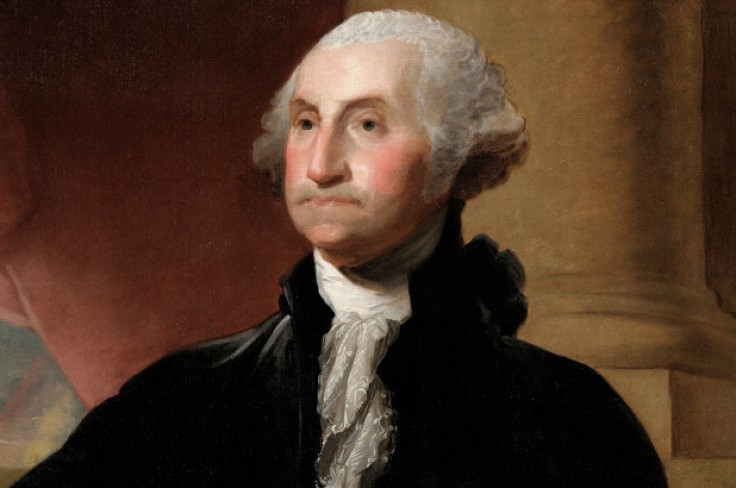George Washington: Looking Back at How He Declared Thanksgiving Day and His Precious Items For Sale
By
President George Washington signed a proclamation calling for a National Day of Thanksgiving in October 1789, years before Americans made it a national holiday.
Just weeks after the Bill of Rights was sent to the states for ratification, and during a time when their adoption was still very much at stake, Washington proclaimed and called on Americans to thank God for the freedom that too many Americans nowadays do not understand, and are even willing to sacrifice, much like religious freedom.
Nevertheless, frequently Washington referred to the Almighty as the root of freedom, harmony, and prosperity.
Washington's declaration of thanksgiving is remarkable in both brevity and eloquence, much like the man himself. However, the greatest value to the modern reader might be just the sharp contrast between the dream of the founding generation for their infant nation and the roaming prodigal son it has evolved into.
Perhaps most surprising to many Americans today was Washington's clear admonition that "good government" should encourage "the knowledge and practice of true religion and morality." To Washington, religious freedom did not mean neutrality of government against religion. Religion, virtue, and freedom were inexorably linked to him and his fellow founders.
Consider some of the other fundamental realities in Washington's appeal for gratitude:
- There is a God; that God is not neutral in the affairs of men and nations;
- Unity through gratitude to our Creator;
- Americans as individuals and collectively have duties to perform;
- The government should be a blessing to the people through wise, just, and constitutional laws.
These concepts sum up volumes of self-evident truths found in the Declaration of Independence, the Constitution, and the Federalist Papers elsewhere. These are the nation's birthright on which to build a national renewal.
Given the shortcomings of the American country, there is much to be grateful for. The continuous enjoyment of expanded human rights, peace, and prosperity, is so much more than what any other country in the world. Whether the desire to preserve these fundamental ideals for personal or national posterity is alive or not is irrelevant, it is still imperative for the people who enjoy it to start reclaiming the national identity fostered by the forefather by upholding the founding principles, such as religious freedom, and yes, even if it was pioneered by imperfect men like George Washington.
A letter written by George Washington on God and the Constitution is on sale after spending decades in a private collection. The letter to the Pennsylvania House Speaker, Richard Peters, was signed on Sept. 7, 1788 and thanks God for the ratification of the U.S. Constitution.
The letter, valued at $140,000, is available for sale at Ardmore, Pennsylvania where the historic document is held by the dealer named The Raab Collection. In recent memory, artifacts from Washington have attracted a lot of attention. For example, a lock of the Founding Father's hair was recently sold for $35,000 at the auction.
Washington's Revolutionary War Tent, nicknamed "the first Oval Office," is also a central exhibit at the American Revolution Museum in Philadelphia. The canvas tent was used as a mobile field headquarters during many of the key moments of the Revolutionary War-like the Siege of Yorktown, the last major battle of the war.
© 2025 University Herald, All rights reserved. Do not reproduce without permission.








